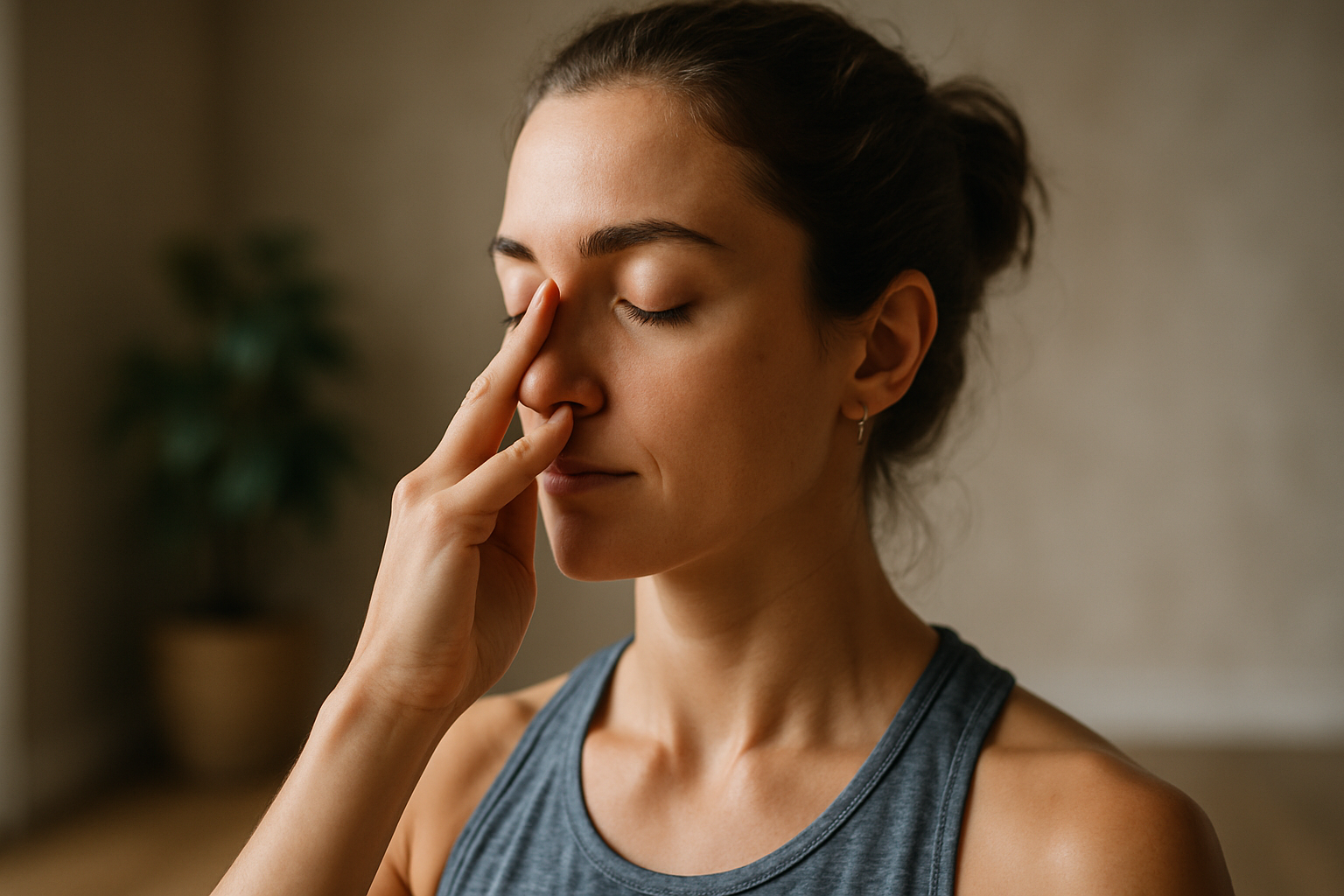Creating Morning and Evening Routines for Consistent Energy
Practical routines help stabilize daily energy by combining self-care, mindful transitions, and predictable habits. This article outlines morning and evening practices—covering sleep, movement, nutrition, hydration, stress management, and community support—to help maintain steady focus and productivity throughout the day.

Establishing reliable morning and evening routines supports consistent energy by shaping the cues your body and mind expect. A clear start-up sequence in the morning and a wind-down ritual at night reduce decision fatigue, help regulate sleep cycles, and make it easier to maintain healthy habits across work and home life. Consistency matters more than perfection: small, repeatable acts—like drinking water, moving your body, and setting intentions—add up and support mental health and productivity over time.
This article is for informational purposes only and should not be considered medical advice. Please consult a qualified healthcare professional for personalized guidance and treatment.
How can self-care and mindfulness start the day?
A morning that begins with brief self-care and mindfulness practices creates a calm baseline for energy and focus. Simple steps include a two- to ten-minute breathing exercise, a deliberate stretch, or a short journaling prompt to set priorities. These activities reduce morning reactivity and improve stress management by giving the nervous system a predictable cue that it is time to shift into the day. Keep choices minimal—one or two practices you can do reliably—so they become habits that support resilience rather than extra tasks that drain time.
What sleep habits support consistent energy?
Evening routine choices directly influence sleep quality, which in turn determines daytime energy. Aim for consistent bed and wake times to stabilize circadian rhythms. Limit bright screens and intense work at least 30–60 minutes before bed; replace them with calming activities like reading or gentle stretching. A cool, dark, and quiet sleep environment helps, as do rituals that signal wind-down—such as a short breathing practice or preparing a simple plan for the next day. Good sleep hygiene is a cornerstone for sustained energy and mental clarity.
How does nutrition and hydration affect energy?
Balanced nutrition and adequate hydration are central to reliable energy levels. Begin the day with a source of protein and complex carbohydrates to avoid rapid blood sugar swings, and prioritize regular meals or snacks to maintain steady fuel. Hydration matters: starting the morning with water after sleep replenishes fluids and supports cognitive focus. In the evening, moderate heavy meals and stimulants like caffeine so they do not disrupt sleep. Small, consistent choices around nutrition and hydration form habits that directly support productivity and physiological resilience.
What movement and exercise fit morning and evening?
Movement can be adapted to the role you need it to play: energizing in the morning, calming in the evening. Short bouts of dynamic movement—walking, light cardio, or mobility work—can increase alertness and readiness for focused tasks early in the day. In the evening, prioritize restorative movement such as gentle yoga, stretching, or a relaxed walk to help lower physiological arousal before sleep. Aim for regular, moderate exercise across the week rather than intense sessions only sporadically; consistent movement supports overall stamina and stress management.
How to manage stress and build resilience?
Integrating stress management into daily routines makes resilience more accessible during high-demand periods. Practices such as scheduled mindfulness breaks, brief breathing strategies, or short cognitive resets (for example, naming three things you can control) help interrupt cycles of rumination. Evening rituals that offload worry—writing a brief brain-dump or setting a small, clear plan for tomorrow—can prevent bedtime anxiety. Connecting routine habits to values and community resources increases support: peer groups, classes, or trusted friends can reinforce consistent self-care and maintain mental health.
How do routine and community support productivity and focus?
Routines reduce friction and free cognitive bandwidth for focus and productivity. When morning and evening habits are predictable, decision-making energy is conserved for meaningful work. Social ties and community elements—shared classes, accountability partners, or household routines—add structure and motivation. Peer routines can normalize gradual habit change and provide emotional support during setbacks, strengthening resilience. Keep routines flexible enough to adapt to life events, but consistent enough to provide reliable scaffolding for daily energy and goal-directed attention.
A wrap-up summary: consistent energy arises from small, repeatable practices across morning and evening routines rather than from dramatic one-off interventions. Prioritize sleep hygiene, balanced nutrition and hydration, brief movement, and simple mindfulness as core elements. Combine these with stress management strategies and social support to build resilience and maintain steady focus and productivity. Over time, predictable routines reduce cognitive load and create a dependable foundation for daily wellbeing.






